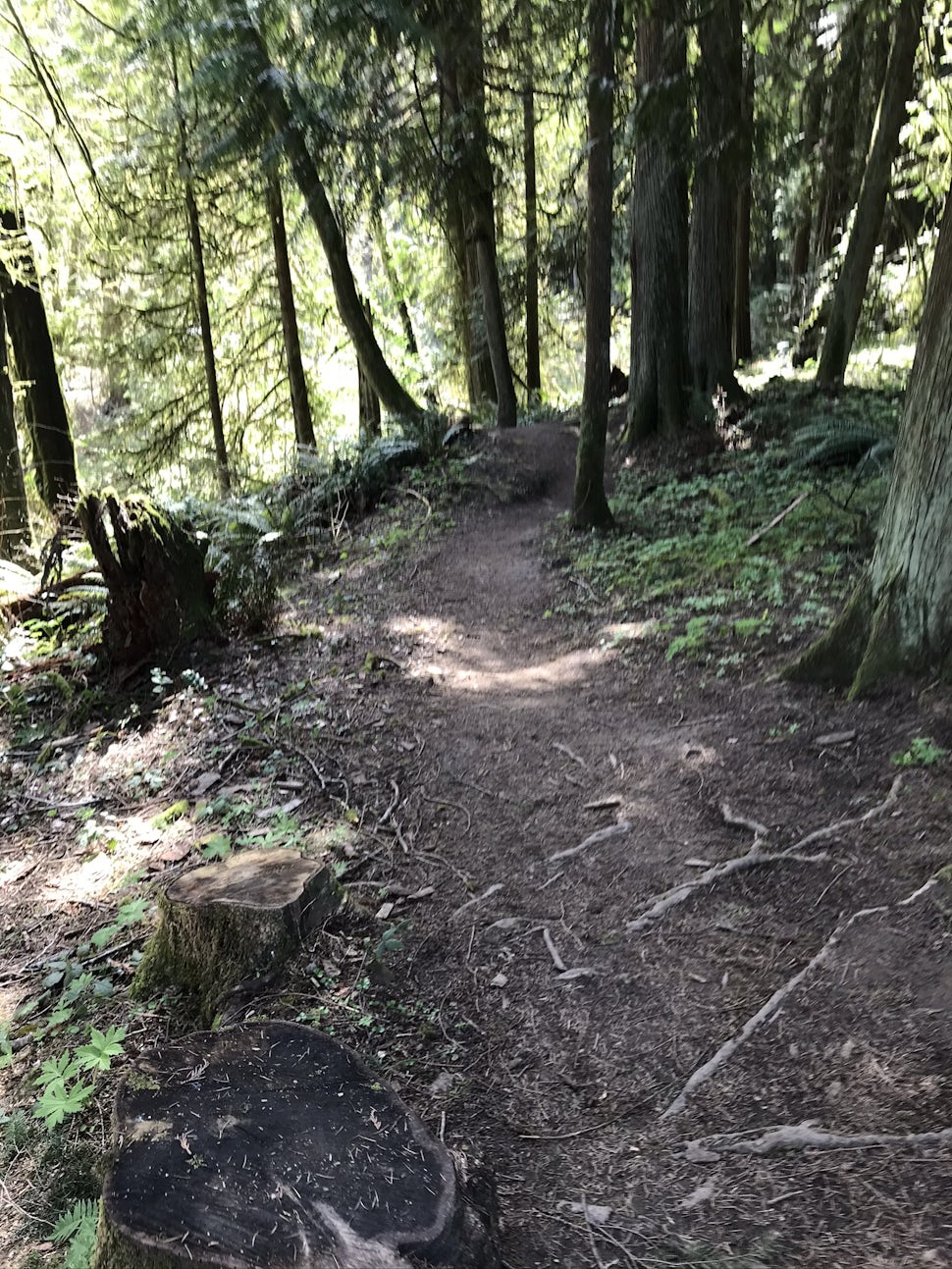Trail Tips & Tricks for the Beginner Hiker
New to hiking? Or interested in learning more about hiking before hitting the trails?

I've been hiking for 15 years, and I still remember that very first hike that lit a love of trails ever since. I was living in Wisconsin at the time and decided to hike Devils Lake State Park. I carried a small backpack with a few snacks and a little water, nothing else. I wasn't sure what to take in my backpack when I first started. I remember the smell of pines, hearing the water hit the shore, and being filled with new energy as the sun hit my face. I was immediately smitten for hiking. I now live in the Pacific Northwest, where the trails are abundant and have extended my hiking to climbing and mountaineering. For this article, I’m going to focus on hiking and answer some beginner questions, to get you out on the trail.
According to local Portland, OR news, there is currently low inventory on outdoor gear. The secret is out that outside is the place to be! If your unsure hiking is for you or want to test it out, try renting gear from a local shop or borrowing from a friend before spending money on something you may use once or twice. This method also gives you a chance to figure out what type of gear you like. For example, one set of hiking poles your friend loves may not be a good fit for you, same with a backpack and other gear.
Before lacing up your boots and hitting the trail for the first time, consider these (5) top tips:
- 10 ESSENTIALS + MASK = 11 ESSENTIALS
Have you heard people ask, "Do you have the ten essentials?" They're referring to a list of items you should carry in your pack for day hiking. Recently an 11th essential has been added; the face mask. Keep this list handy as you pack your backpack
- Map
- Compass
- Sunscreen & Sunglasses
- Headlamp
- First-Aid Kit
- Extra clothing
- Firestarter
- Matches
- Knife
- Extra Food
- Face Mask
2. KNOW YOUR LIMITS
Understanding what your mental and physical limitations are during a hike is extremely important. I recently turned around on a mountain summit bid because I knew my limitations, and it would put the rest of the climbing party in danger if I continued. I had climbed this mountain the prior year and knew what lay ahead, so I made the decision and turned back. I'll try again in the future. Knowing your limitations is even more critical than the ten essentials; this keeps you and your hiking group safe. The summit and trail will always be there, make smart decisions while on the trail instead of pushing yourself too far.
- DISTANCE: What is your distance maximum when researching hikes? I usually look for a 5-7 mile hike, that's my sweet spot. I feel tired from the hike but not exhausted and am excited to hit another trail, the following day.
- ELEVATION GAIN: What is your ideal elevation gain? When researching a 5-7 mile, I normally look for any hike under 4000ft elevation gain. I know if it's more than this, it's going to be a butt-kicker, and I should give myself more time on the trail to finish the hike as well as how much water to take and extra food. I also know that I will be extremely sore the next day.
- DRIVE TIME: This is important to keep in mind, especially if you have senior dogs at home, like I do. My goal is to be on the trail longer than in the car.
3. DO YOUR RESEARCH: This includes; mileage, elevation gain, road conditions, maps, trip reports, weather. Research is an integral part of hiking. I would love to wake up in the morning and head to a random trail, but that isn't the safest idea. Before starting the hike, we first need to answer some questions. What is the mileage? What is the elevation gain? How are the road conditions? What does the trip report say? What is the weather report? Researching where you plan to go (especially in the winter), will help better prepare you for the conditions. It may look sunny and calm in the valley, but the weather hitting the trail can be completely different then what you see out your living room window. Always be prepared and do your research; this will help keep you safe while hiking that sought after trail moment.
4. TELL SOMEONE WHERE YOU’RE GOING: When you're hiking with a group or by yourself, you should always let someone know where you're going. Share with them an estimated time of return and an emergency contact they can reach if you don't return on time.
5. TRAIL ETIQUETTE: This is important when you’re not only hiking as a group but also when you see other hikers on the trail. Consider hiking without music playing and enjoy the sounds of the area; remember to step off the trail or move aside for uphill hikers; and perhaps most important, leave no trace. Remember what you pack in, to also pack out. Carry all your garbage out, and dispose of any waste properly.
It’s time to get outdoors! Grab your hiking boots and let's hit the trail.
We want to acknowledge and thank the past, present, and future generations of all Native Nations and Indigenous Peoples whose ancestral lands we travel, explore, and play on. Always practice Leave No Trace ethics on your adventures and follow local regulations. Please explore responsibly!
Do you love the outdoors?
Yep, us too. That's why we send you the best local adventures, stories, and expert advice, right to your inbox.








